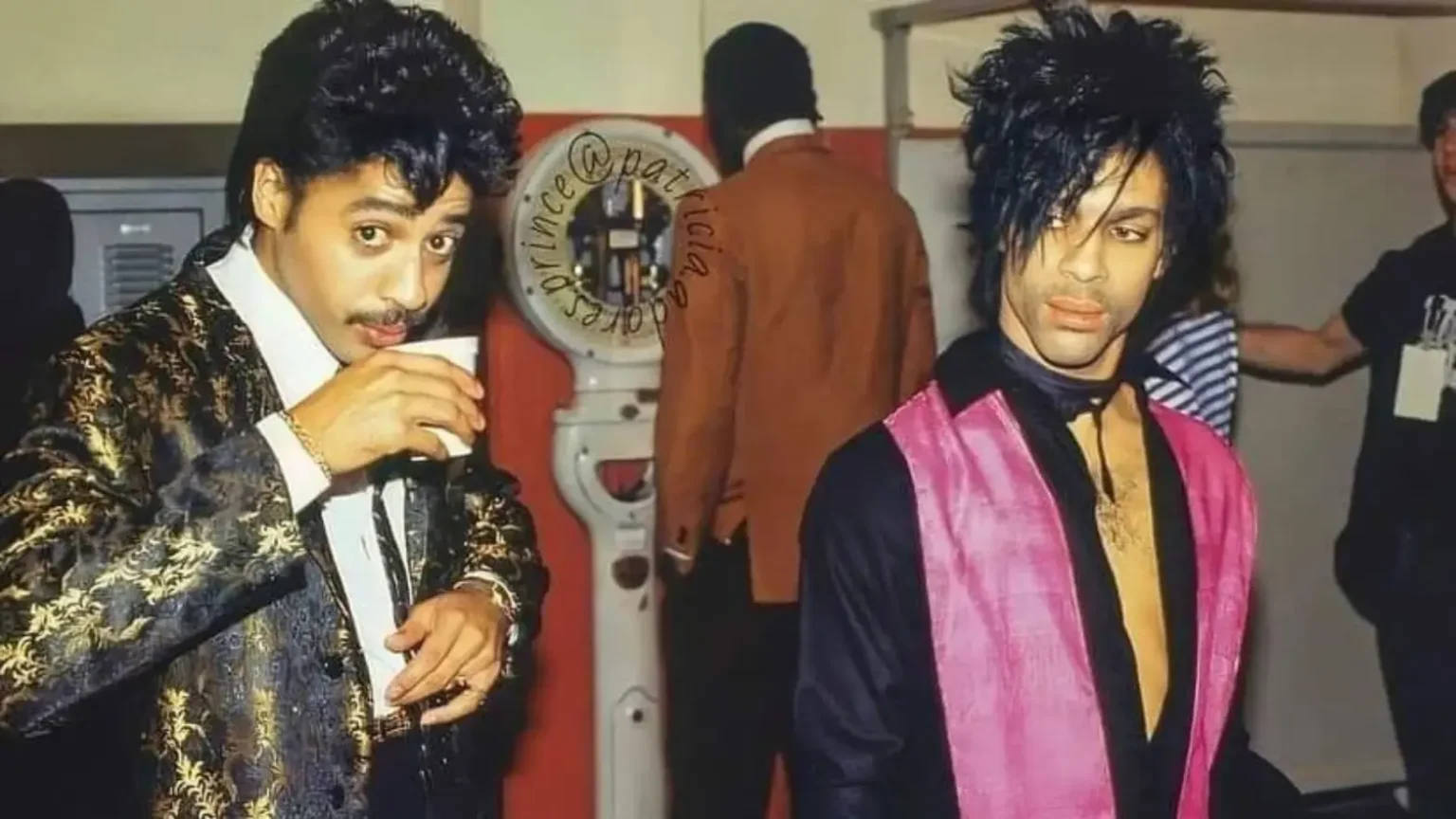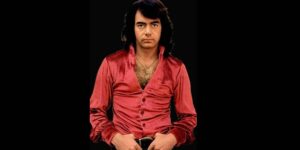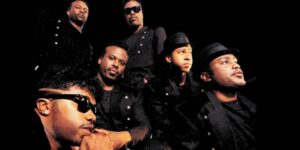The world of music is filled with complex relationships between artists, often tinged with both admiration and rivalry. Few musical partnerships embody this duality as poignantly as the relationship between Prince Rogers Nelson and Morris Day. Their story, marked by childhood friendship, creative collaboration, and an undeniable competitive edge, reflects the best and worst of what can happen when talent, ego, and success collide. Beneath it all, however, was a bond grounded in mutual respect and love for music—one that endured despite the occasional frictions caused by ambition and competition.
Childhood Friendship and the Foundations of a Musical Partnership
Prince and Morris Day’s friendship began long before either of them became household names. The two grew up in Minneapolis, Minnesota, where their shared passion for music served as the foundation of their bond. Both were driven by a desire to escape the confines of their environment and make a name for themselves in the music industry, and this common goal forged a deep connection between them.
Prince, from an early age, demonstrated an almost obsessive dedication to music. He was a prodigy, a multi-instrumentalist with a laser-sharp focus on perfecting his craft. Morris Day, on the other hand, was also musically gifted, but his talents lay more in performance and showmanship than in playing instruments. Where Prince was the quiet, introverted genius, Day had the charisma and energy that made him a natural frontman. Together, they complemented each other in ways that would eventually become pivotal in their respective careers.
As teenagers, they often played together in local bands, experimenting with the funk, rock, and soul sounds that would later define their careers. Their mutual love for James Brown, Sly and the Family Stone, and Parliament-Funkadelic became the musical glue that held their friendship together. But even in those early years, there were hints of the rivalry that would eventually surface. Prince, with his relentless work ethic and undeniable talent, often outshone his peers, and Day, while confident in his abilities, had to reckon with his friend’s rapidly growing reputation as a musical genius.
Prince’s Role in Morris Day’s Success: The Formation of The Time
As Prince’s star began to rise in the late 1970s, his ambitions grew beyond just being a solo artist. He envisioned creating a musical empire, complete with protégés and satellite acts that he could control behind the scenes. It was in this context that Morris Day’s career took off, thanks largely to Prince’s vision and influence.
In 1981, Prince helped Day form The Time, a funk band that would serve as both a creative outlet for Day and a vehicle for Prince’s musical ideas. While Day was the frontman of the group, it was Prince who crafted much of their sound. He wrote and produced most of their early music, often performing the instrumentation in the studio himself. Tracks like “Cool” and “Get It Up” bore Prince’s unmistakable funk and pop sensibilities, but it was Morris Day’s charismatic delivery and showmanship that brought the songs to life on stage.
The creation of The Time was a strategic move for Prince. It allowed him to explore different musical styles without compromising his own image. Whereas his solo work often delved into more experimental or sexually charged themes, The Time’s music was rooted in pure, unapologetic funk. Day’s persona—flamboyant, cocky, and larger-than-life—was the perfect foil to Prince’s more enigmatic public image. It was a win-win situation for both men: Day got the opportunity to shine as a frontman, and Prince got to expand his creative empire.
Yet, even during this period of collaboration, the seeds of competition were beginning to grow. Day was acutely aware that The Time, despite its success, was still under Prince’s control. While he appreciated Prince’s guidance and contributions, there was also a sense of frustration at not being able to fully define the group’s sound on his own terms.
The Competitive Edge: Prince and Day’s Creative Rivalry
At the heart of Prince and Morris Day’s relationship was a fierce creative rivalry that, while at times productive, also led to tension. This competitive edge became particularly evident during the height of their success in the 1980s, especially with the release of the movie Purple Rain in 1984. The film, which starred Prince, also featured Morris Day and The Time, with Day playing a fictionalized version of himself. In the movie, the characters’ on-screen rivalry mirrored the real-life competition between the two musicians.
Onstage, the rivalry manifested in battles for dominance. The Time, known for their electrifying live performances, often gave Prince and his band a run for their money as opening acts. Day’s natural showmanship and comedic timing made him a crowd favorite, and there were nights when The Time’s performance was seen as overshadowing Prince’s. Prince, ever the perfectionist, took this as a challenge, pushing himself and his band to deliver even more spectacular performances.
Offstage, the competitive tension between Prince and Day sometimes spilled over into their personal relationship. While they respected each other’s talents, there were moments when the rivalry became personal. Prince’s controlling nature clashed with Day’s desire for creative independence, leading to disagreements over the direction of The Time and the extent of Prince’s involvement in their music. In the mid-1980s, this tension culminated in Day leaving the group to pursue a solo career, a move that was seen by many as a direct response to his frustration with Prince’s dominance.
More Love Than Hate: The Enduring Bond Between Prince and Morris Day
Despite the conflicts and competitive tensions that arose between them, the bond between Prince and Morris Day was ultimately one of love and respect. Their friendship, rooted in a shared musical vision and a deep admiration for each other’s talents, endured even as their careers took them in different directions.
Over the years, the two men would reunite on several occasions, both personally and professionally. In 1990, Day returned to The Time for the release of their album Pandemonium, which included the hit single “Jerk Out.” While Prince’s involvement with the group was less direct by this point, his influence on their sound remained unmistakable.
In interviews, both Prince and Day often spoke about their complicated relationship, acknowledging the ups and downs but always emphasizing the mutual respect that underpinned their friendship. Day, in particular, credited Prince with giving him the opportunity to launch his career and expressed gratitude for the lessons he learned from working with him.
When Prince passed away in 2016, Morris Day was one of the many artists who paid tribute to his legacy. In a heartfelt statement, Day reflected on their shared history, acknowledging the competitive aspects of their relationship but emphasizing the love and respect that had always been at its core. “Prince was my friend,” Day wrote. “He helped me become who I am today, and I’ll always be grateful for that.”
Conclusion: A Legacy of Music and Brotherhood
The relationship between Prince and Morris Day is a testament to the complex dynamics that often exist between creative collaborators. While their friendship was marked by moments of conflict and competition, it was ultimately grounded in a deep love for music and an unshakeable bond that transcended their differences. In the end, their relationship was less about rivalry and more about pushing each other to be the best versions of themselves. Together, they created a musical legacy that continues to inspire and influence artists to this day—a legacy that reflects more love than hate.






